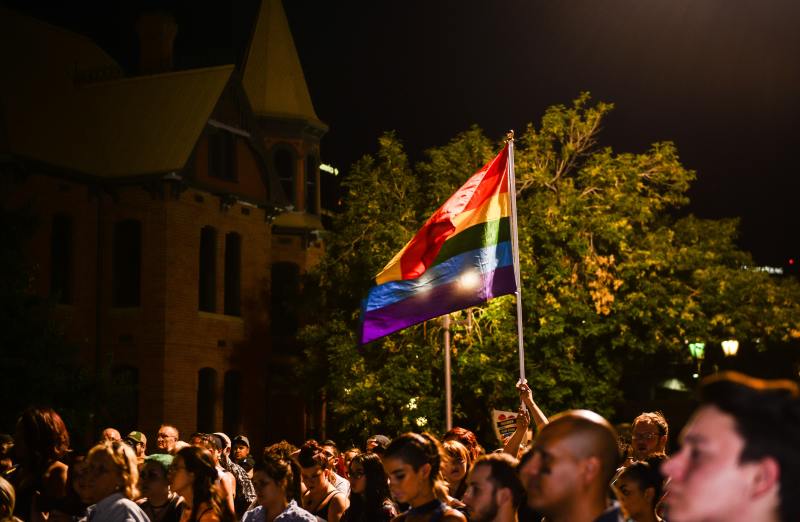
The Oxford University Press "surrendered to the moral revolutionaries" as it changed the definition of genders into a more LGBT inclusive description, according to theologian Albert Mohler.
The latest Oxford University Press recently changed the definitions for the word "man" and "woman" in the Oxford Dictionary so that they could become more "inclusive" and favorable to the LGBT community. In doing this, known theologian Albert Mohler, President of the Southern Baptist Theological Seminary, said the institution has "surrendered to the moral revolutionaries."
While the most recent revision of the Oxford English Dictionary still defines the word "man" as an adult male human being and the word "woman" as an adult female human being, the additions to these definitions caught the attention of theologians as they seem to favor the LGBTQ revolution. Mohler describes the new definition as problematic.
The latest dictionary update added the phrase "a person's wife, girlfriend or female lover" to the definition of the word "woman," instead of being defined as "a man's wife, girlfriend or female lover." The word "man," on the other hand, is now also defined as "a person's husband, boyfriend or male lover" instead of "a woman's husband, boyfriend or male lover."
Mohler expressed his concerns on how the Oxford English Dictionary provides a platform for changing the culture. He added that with the additions in the definition of the genders originally created by God, people looking for definitions of man and of woman may believe that LGBTQ definitions are also fine.
The Oxford University Press' decision to change some of the content of its dictionary came months after a petition on some of the existing meanings of words surfaced in 2019. Maria Beatrice Giovanardi, former CEO of LetEmbrace and a self-professed Intersectional women's rights advocate, filed a petition to remove the word "b-ch" from the dictionary's definition of the word woman.
The most recent update of the dictionary removed the said word from the list of alternative terms for the word woman. The update says that words such as "b-ch" are offensive.
Giovanardi's 2019 petition also requested for the Oxford English Dictionary to include the words such as transgender woman, a lesbian woman, or other examples of terms representing the minorities. She also asked for phrases and definitions that suggest man's ownership of women to be removed from the dictionary.
The petition reached 30,000 signatures since its launch. The academic publishing house granted the request, a move that made the advocate very happy and what she called a huge step forward for the LGBTQI community.
An Oxford University Press representative clarified that its review now focuses on how people treat the language. The representative added that it considers race and racial diversity in its updates.
"This independent editorial approach means that our dictionaries provide an accurate representation of language," the OUP spokesperson said, according to The Guardian.
Meanwhile, Mohler expressed his disappointment over the Oxford revision through a statement published on November 18 edition of The Briefing.
"A change in the dictionary surrendering to this kind of agenda means that words can be transformed in the "blink of an eye," he said. "From "how they had functioned in the English language to how they will now function in the service of the moral revolutionaries," the theologian added, The Christian Headlines reported.





















